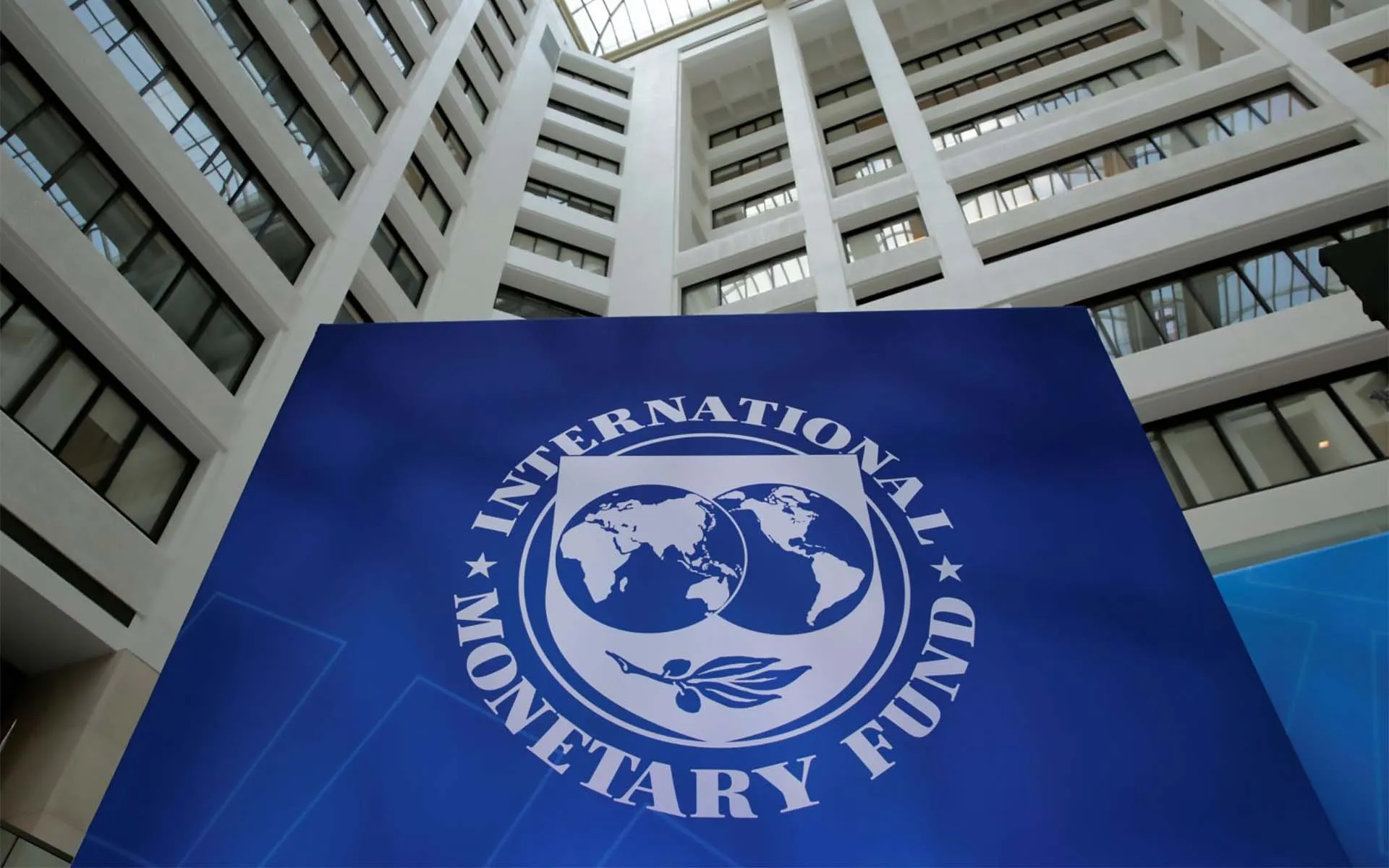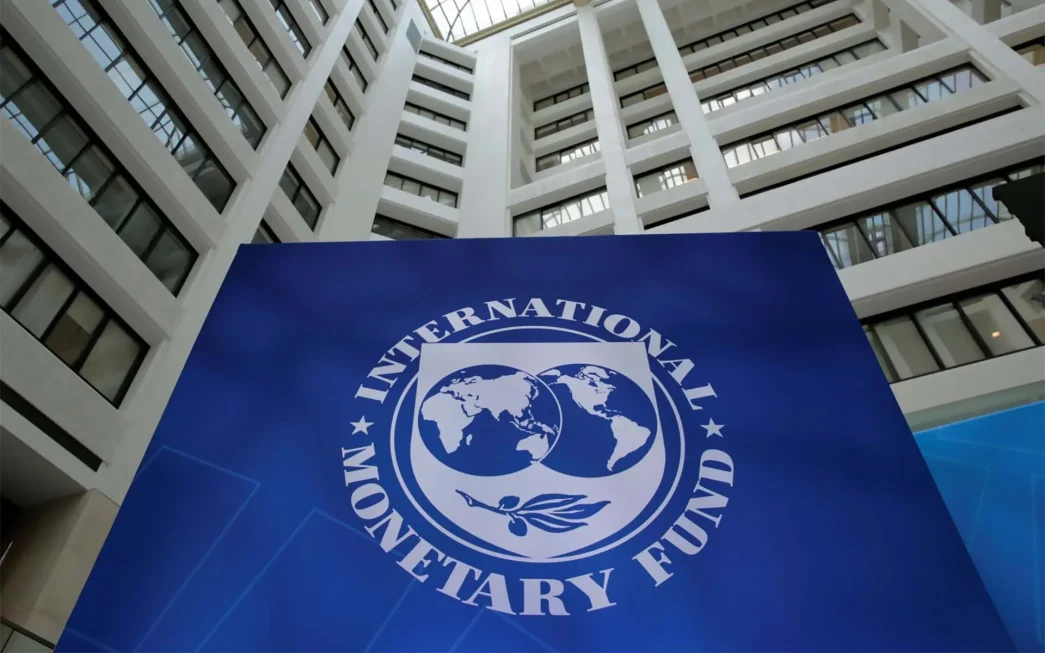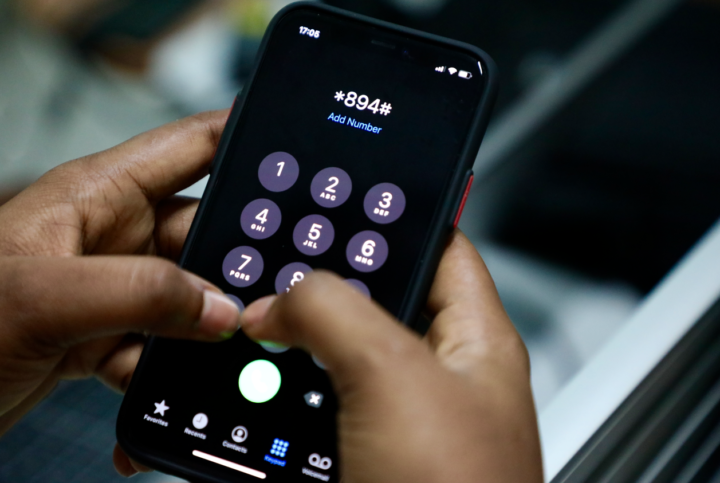
The International Monetary Fund (IMF) says its executive board has approved some reforms and a funding package of SDR 2.7 billion ($3.6 billion) for low-income countries.
The multilateral said the reforms were on its concessional lending facilities and an associated funding strategy to preserve its ability to provide adequate support to low-income countries (LICs) over the long term.
The SDR (special drawing rights) is an international reserve asset, created by the IMF to supplement member countries’ official reserves.
Advertisement
They are normally distributed among member nations through a process called ‘general allocation’, approved by the IMF’s governors. According to the organisation, SDR1 equals $1.33.
In a statement on Monday, the lender said the reforms are detailed in the staff paper “2024 Review of the Poverty Reduction and Growth Trust (PRGT) Facilities and Financing—Reform Proposals.”
The IMF said that support to low-income members in response to the COVID-19 pandemic and subsequent major shocks was significantly scaled up.
Advertisement
“The annual lending commitments have risen to an average of SDR 5.5 billion since 2020, compared with about SDR 1.2 billion during the preceding decade. Outstanding PRGT credit has tripled since the pandemic’s onset, while funding costs at the SDR interest rate have risen sharply,” the statement reads.
“As a result, the PRGT faces an acute funding shortfall, with its self-sustained lending capacity projected to decline, absent reforms, to about SDR 1 billion a year by 2027, well below expected demand.
“The reforms approved by the IMF’s Executive Board aim at maintaining adequate financial support to LICs while restoring the self-sustainability of the PRGT. The Executive Board today endorsed a long-term annual lending envelope of SDR 2.7 billion ($3.6 billion) and approved a package of policy reforms and resource mobilization to support that lending capacity.”
The statement said the envelope is more than twice the pre-pandemic capacity and is calibrated to ensure that the IMF can use its limited concessional resources to continue providing a vital balance of payment support to LICs while supporting strong economic policies and catalysing fresh financing from other sources.
Advertisement
The multilateral said the review includes policy changes that reflect the increasing economic heterogeneity among LICs.
“A new tiered interest rate mechanism will enhance the targeting of scarce PRGT resources to the poorest LICs, which will continue to benefit from interest-free lending, while better-off LICs will be charged a modest, and still concessional, interest rate,” the IMF said.
“The access norm will be set at 145 percent of quota to help anchor the average size of future arrangements and the overall lending volume. At the same time, annual and cumulative limits for PRGT normal access will remain at 200 and 600 percent of quota, respectively.
“This will allow for flexibility in calibrating Fund’s support. Safeguards will be strengthened and streamlined to maintain a robust and efficient risk management framework, in light of high lending volumes and risks.”
Advertisement
The lender said after a successful bilateral fundraising, its members reached a consensus on a framework to deploy internal resources to facilitate the generation of PRGT subsidy resources.
“Specifically, SDR 5.9 billion (about US$ 8 billion), in 2025 present value terms, is expected to be generated through a framework to distribute GRA net income and/or reserves over the next five years,” the statement further reads.
Advertisement
This, the IMF noted, would come on top of additional bilateral subsidy contributions, “the subsidy savings from the new interest rate mechanism, and financing from a proposed further five-year suspension of PRGT administrative expenses reimbursement to the GRA”.
Advertisement
Add a comment












